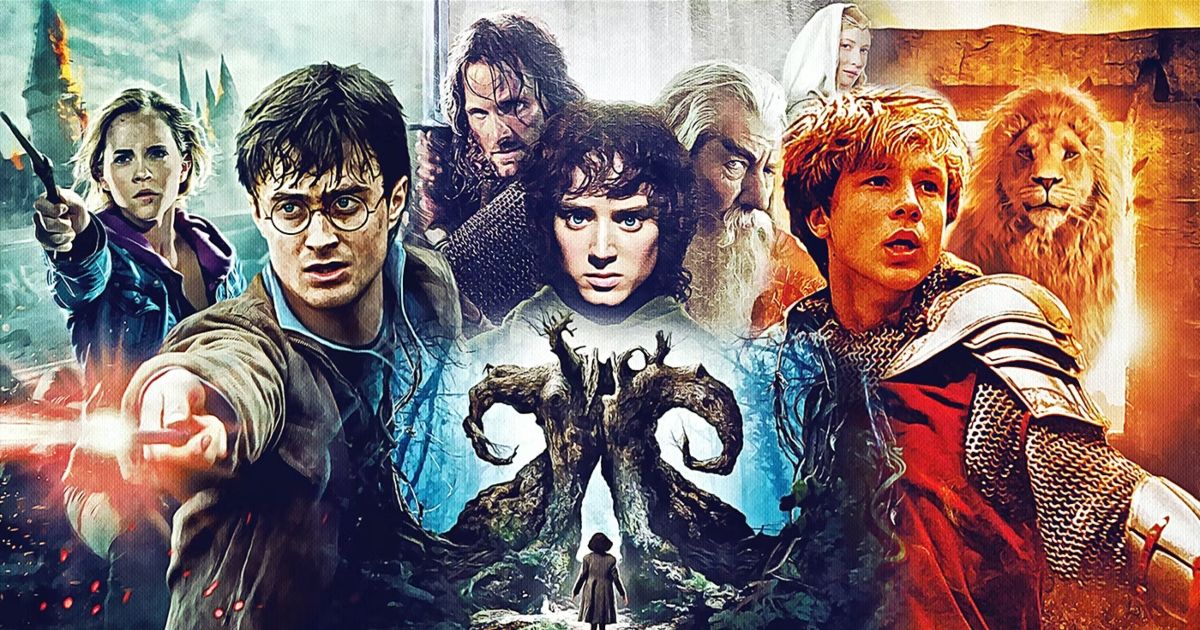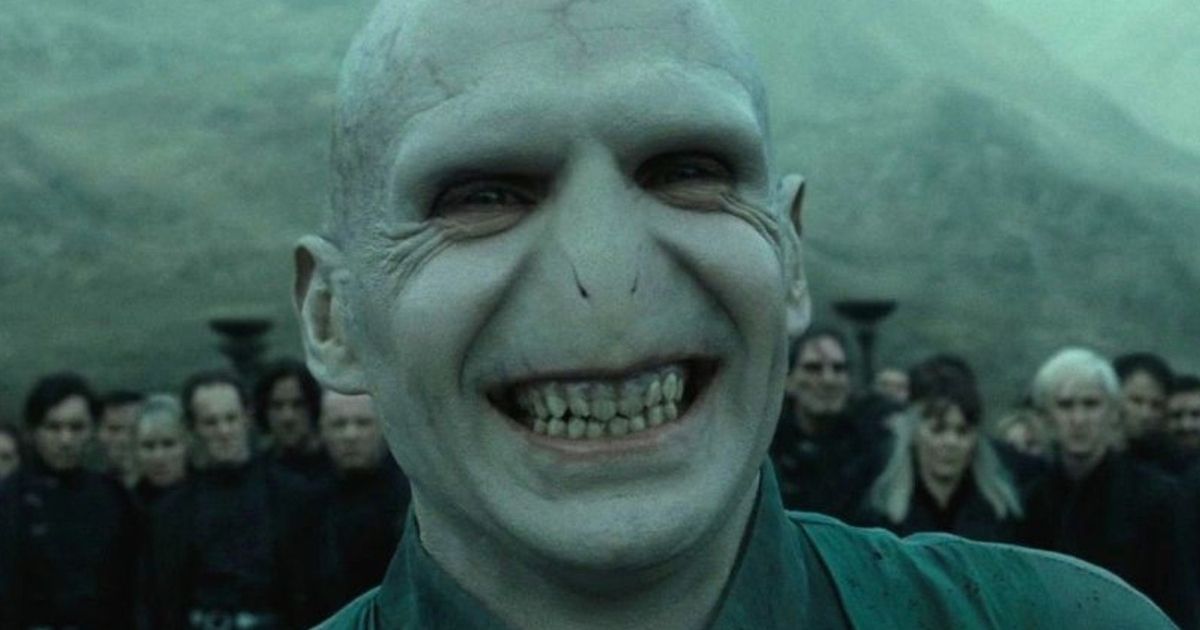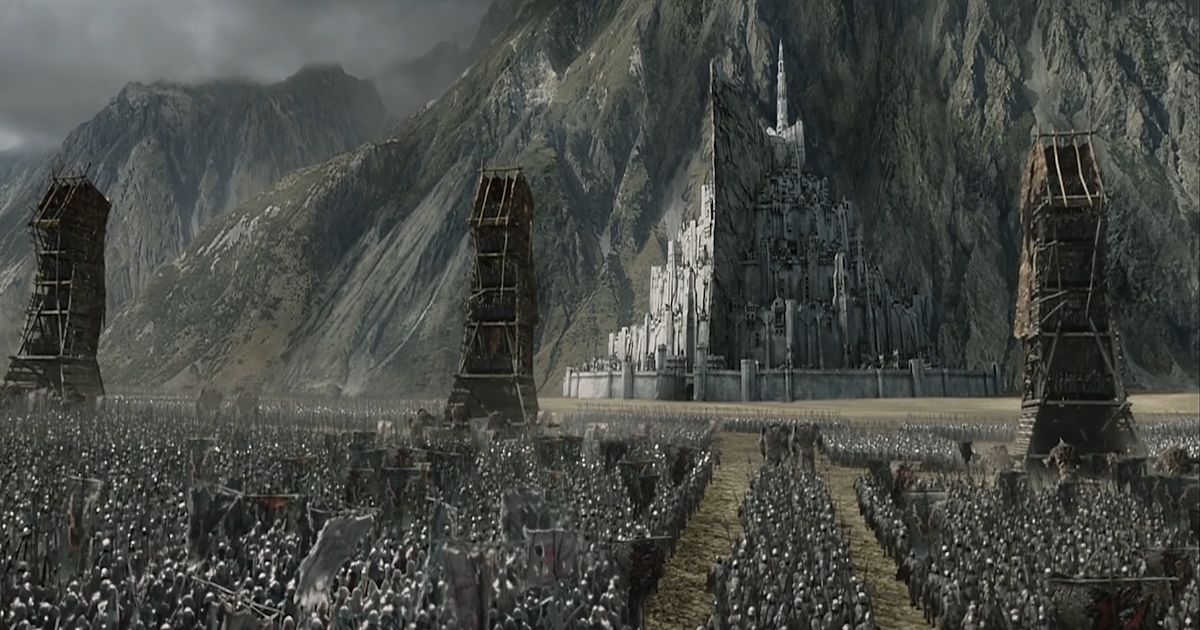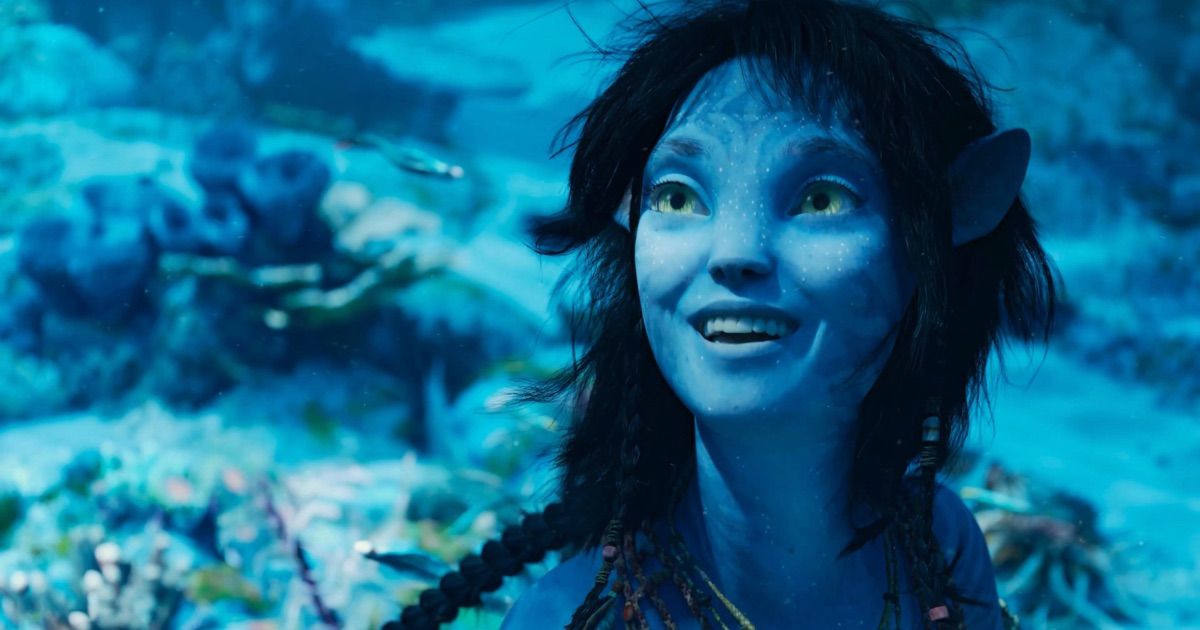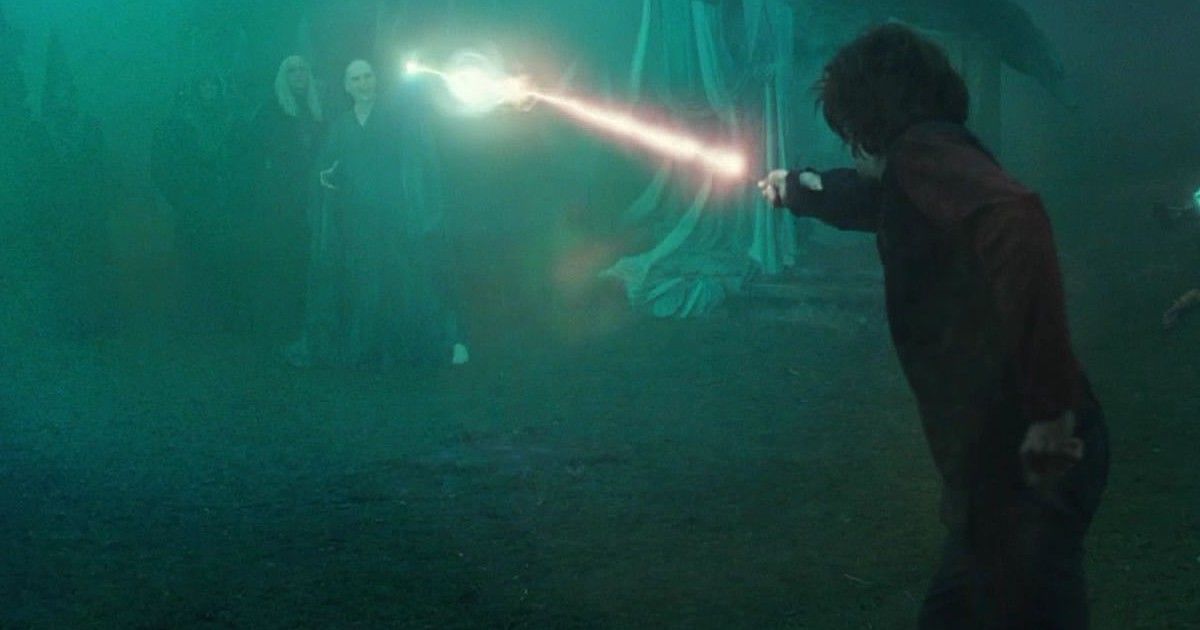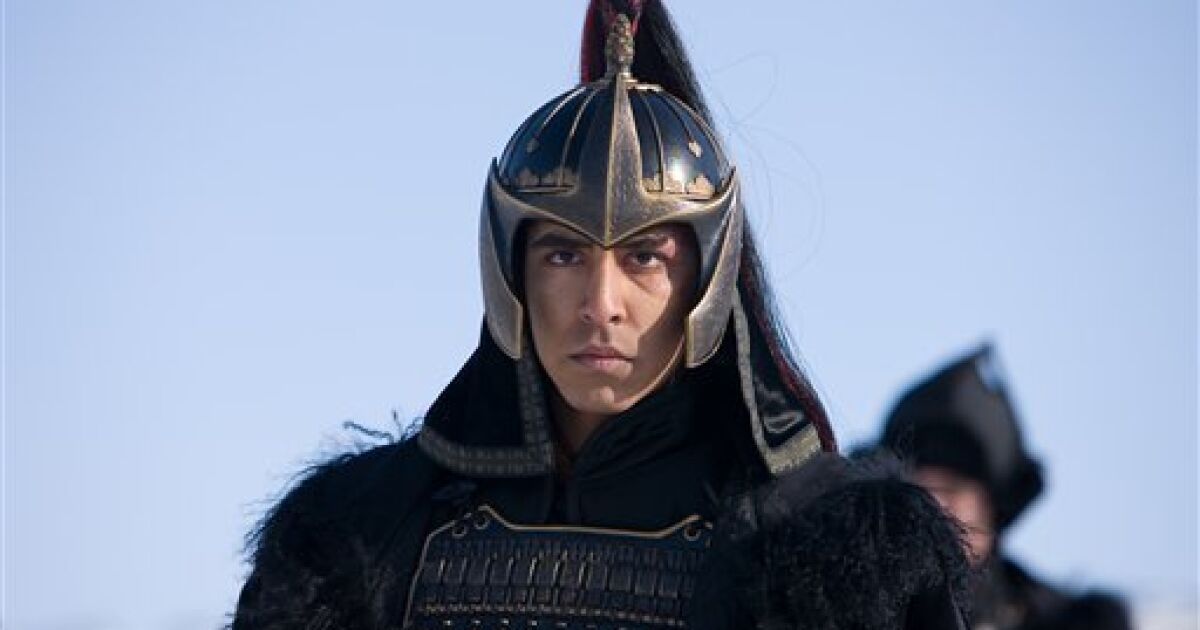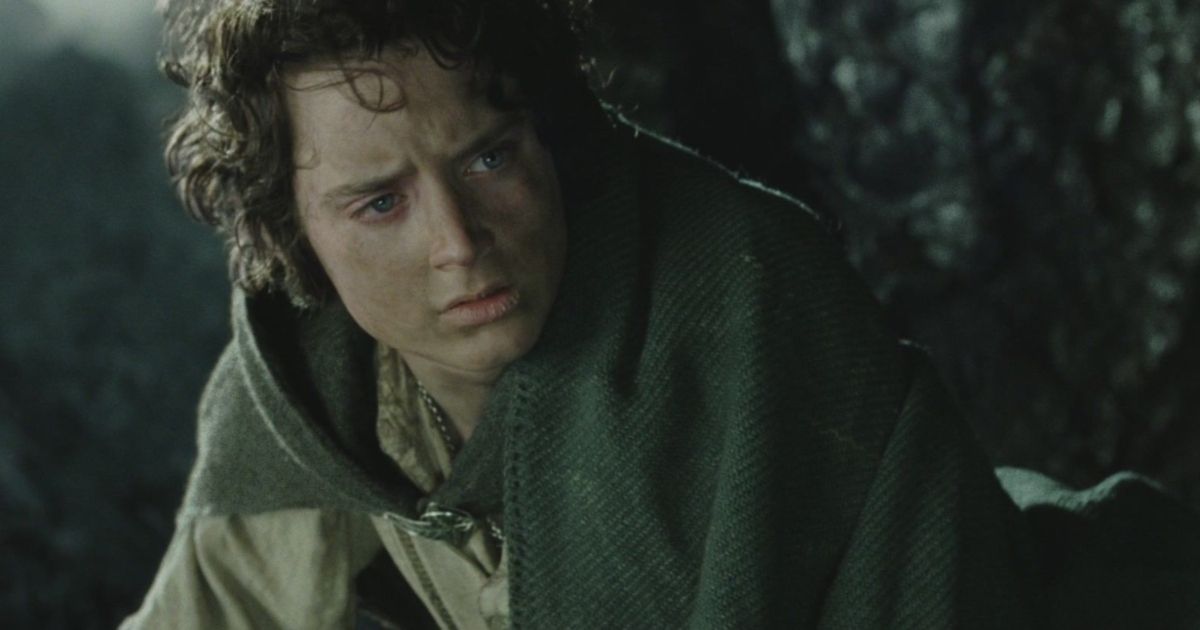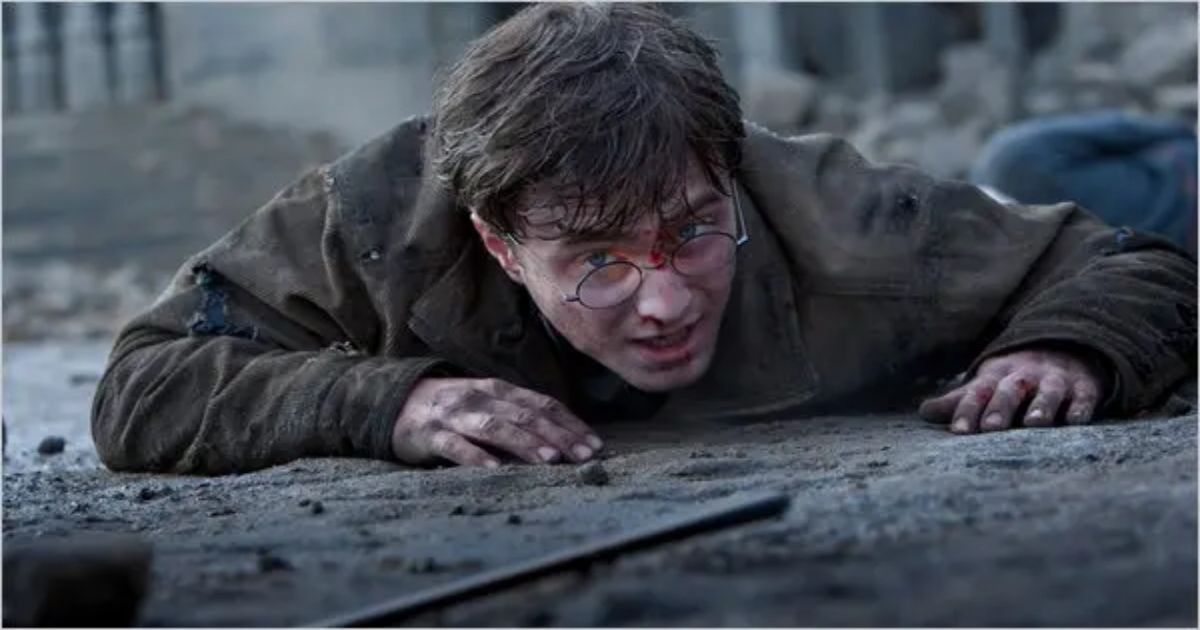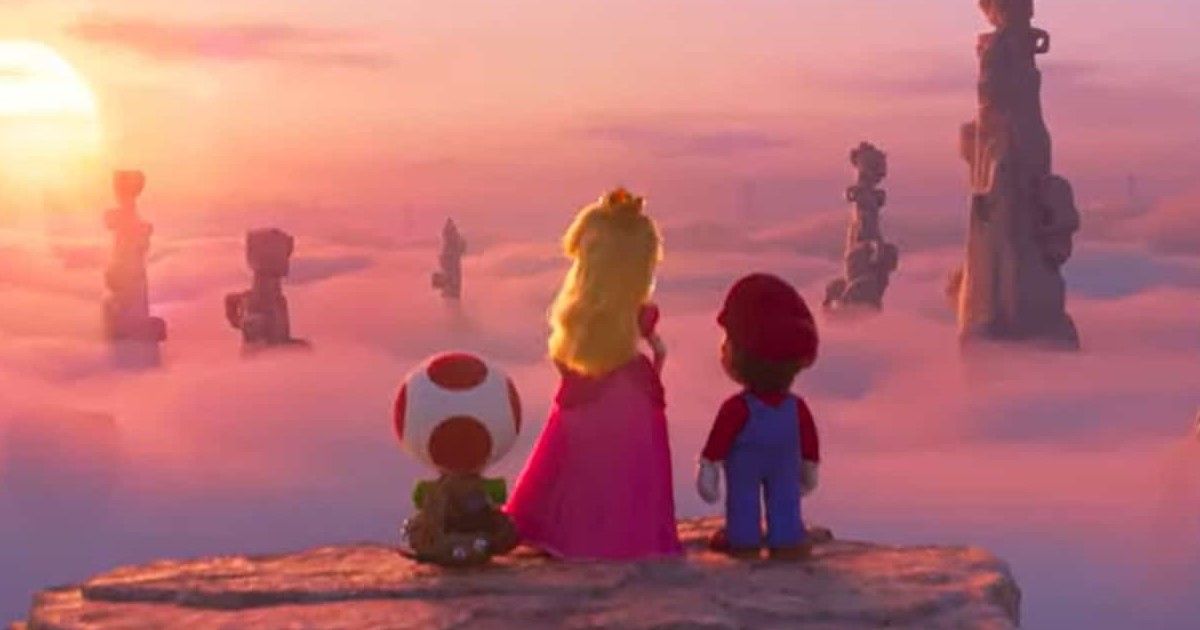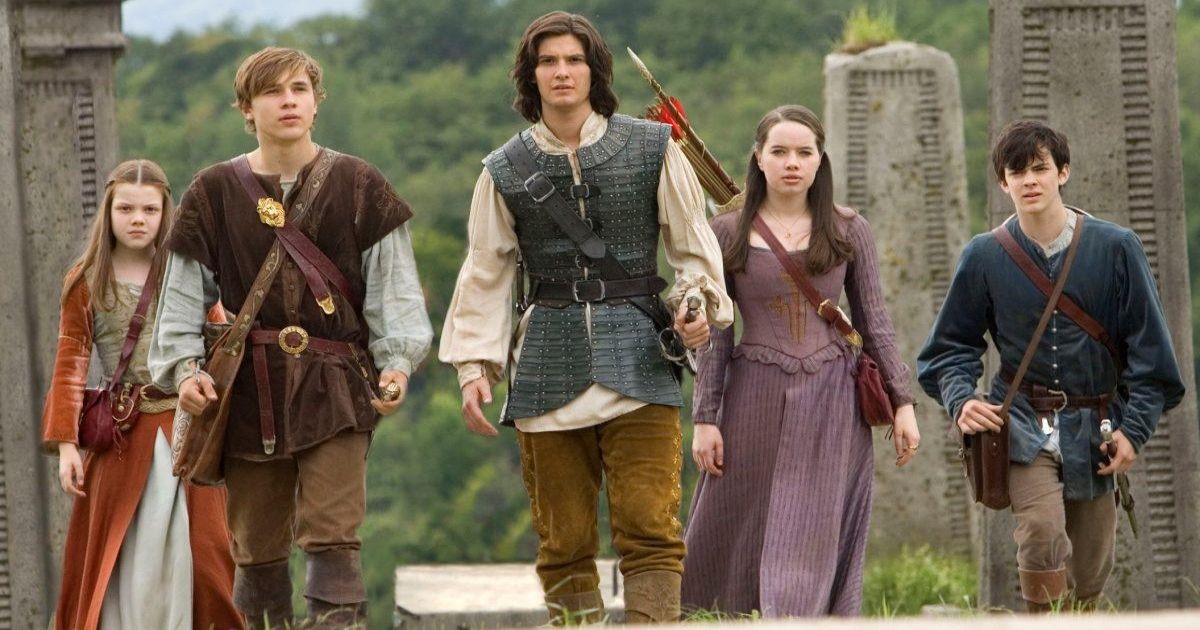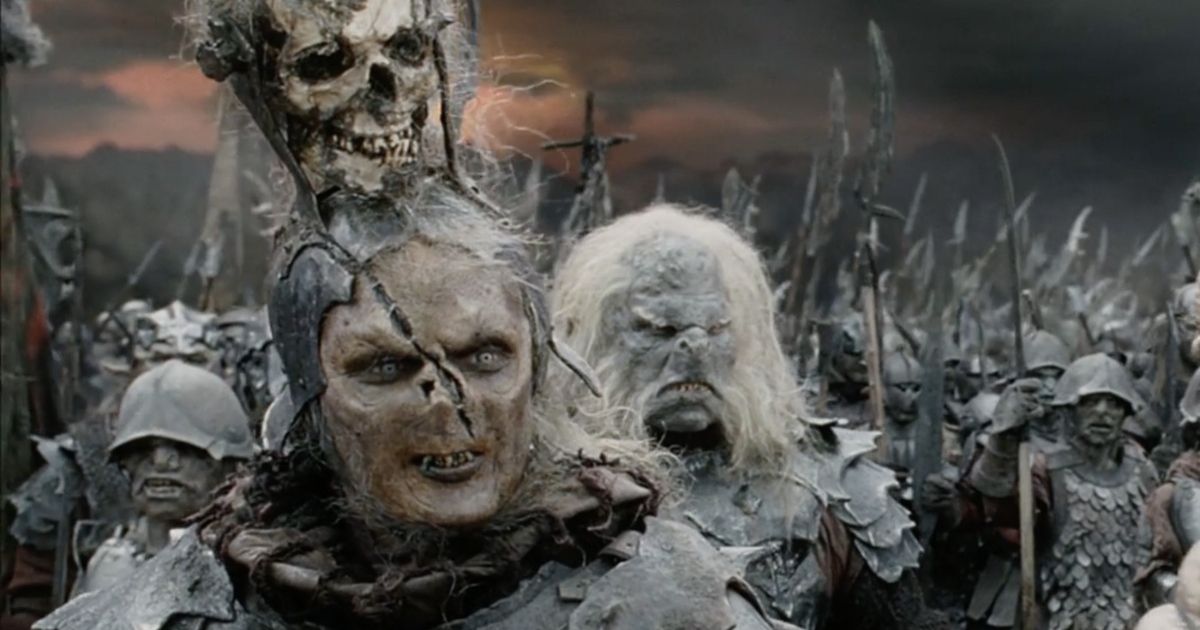Fantasy has always been a popular genre in all sorts of entertainment mediums because both kids and adults enjoy such content. However, there has been a significant increase in the popularity of the fantasy genre in the last few years because many more movies and TV series are being produced in this genre. Whether it is Dungeons & Dragons: Honor Among Thieves or the highly popular Avatar: The Way of Water, the fantasy genre itself has numerous layers and themes. Yet, there are certain overused tropes in fantasy movies that make us roll our eyes because we have seen such plots unfold again and again.
Tropes in fantasy movies not only make these movies predictable but also adversely impact the entire experience of the audience, and this is something that Hollywood cannot afford at this moment when even some of the potential blockbusters are failing at the box office.
Evil Lord
The presence of an evil overlord in a fantasy movie seems like an essential part of the genre because there is hardly any popular fantasy movie in which the audience does not get to see an evil figure surrounded by their followers. Even the depiction of such evil lords is similar in most movies as they are shown to be living in strange and far-distant lands or even a different universe altogether.
Such characters are typically purely evil and do not have any shades of gray. This is a highly boring trope as it makes the entire plot predictable because, most of the time, the audience can guess that the evil boss will eventually be defeated at the end of the film. One of the most popular examples of this trope is from Sleeping Beauty, where Maleficent lives in a castle located on a mountain and has an entire army of minions. Nevertheless, the live-action Maleficent eliminated this trope by presenting Maleficent as an anti-hero.
Medievalism
It is hard to remember a fantasy movie that does not have huge European-style castles and is set in the Medieval era. Even the movies with plots that are not directly linked to Europe have a full-fledged Europe-inspired world, which is proof of the fact that medievalism is an overused trope in the fantasy genre.
The Lord of the Rings is the most popular series that has solidified this trope, and the trend is still continuing with even some of the most recently released movies, such as Dungeons & Dragons: Honor Among Thieves. There is clearly an over-saturation of the medievalism setting in the fantasy genre, and future projects should explore other themes for overall world-building.
Fictional Languages
Incorporating fictional languages in fantasy movies is something that has been done to death now. It worked great for franchises like Star Wars, Star Trek, and The Lord of the Rings. However, even some of the newer movies, such as Avatar, have invented a new language, specifically the Na'vi language, which shows that the trope of introducing fictional languages is still prevalent in the fantasy genre.
It can enhance the viewing experience of the audience only when there is some logic and purpose behind such language, and they are not used just for the sake of adding fictional elements to a movie.
Light vs. Dark
Light vs. dark, good vs. evil, or hero vs. villain, with the 'light side' always winning at the end of the movie or, eventually, the franchise, has become a norm in the fantasy genre. Both literature and cinema are full of examples where characters are shown to be purely good and purely evil without any gray areas, providing a limited experience to the audience.
For instance, in The Chronicles of Narnia: The Lion, the Witch and the Wardrobe, Aslan and his team are shown to be good and fighting against the White Witch, but there is very limited, if any, explanation of the Witch's behavior. Nevertheless, it does not mean that every fantasy movie has to follow this theme, as movies like The Imaginarium of Doctor Parnassus and The Fall have proven that the audience can still love a fantasy adventure even when it focuses on the main characters instead of the often overbearing themes of good vs. bad.
Magic
Magic is the staple of the fantasy genre. Most people love seeing magical elements in movies, but only when they are presented in a convincing and appealing manner. Poor execution of magic in movies has typically led to severe criticism from critics and fans, especially when a movie is being adapted from the source material. The Last Airbender is one popular example of how incorporating magical elements without proper execution can harm a film.
Many other movies, such as The Mummy reboot in 2017, have also tried to forcefully add magic to their plot just for the sake of impressing the audience, but such efforts typically fall flat.
The Reluctant Hero
A protagonist getting involved in a story that they don't want to be a part of is a common trope that is found not only in fantasy movies but across different genres. Such characters typically spend most of their screen time trying to get back to their routine life, but have to complete various quests before they can go back.
Whether it's Frodo in The Lord of the Rings who wish to go back to the Shire but has to destroy the Ring, or Pevensies in Narnia who have to defeat the White Witch before returning to their realm, their stories are similar in a way that with them being unsure of their abilities, but they eventually become powerful heroes. Since so many classics have already used such a plot, it is time for the new fantasy movies to retire this trope, so the audience can stop predicting that every time a character is hesitant to become a hero, they will eventually do so.
The Lucky Beginner
Beginner's luck has been executed in many fantasy movies in a similar manner. It typically involves the protagonist performing a highly complex activity, such as magic, perfectly without having any prior experience or knowledge. Such a type of trope is also found in movies that end with the protagonist defeating a highly experienced villain with a small amount of training.
The most popular example of this trope is from Star Wars: Phantom Menace, when Anakin Skywalker manages to fly the starfighter for the first time with maximum control and ends up destroying The Vuutun Palaa, a large Battleship, at the Battle of Naboo. This is a highly overused trope as whenever a protagonist is in such life or death situation, it is quite easy to guess that they will be successful due to beginner's luck.
The One to Save the World
When the entertainment industry is on the path of creating unique and layered stories, it seems like the perfect time to accept that no one person can save the world. Yet, the 'Chosen One' or 'The One To Save The World' trope is prevalent across the board. It comes with various other tropes, such as prophecies and secret abilities.
However, since so many movies and franchises, including Harry Potter, have already executed this concept thoroughly, there is no need to rehash it again and again. The abysmal box office numbers of fantasy movies like Ender's Game, The Seeker, and Seventh Son, show that the Chosen One-type stories have run their course.
Quests
Most fantasy movies show the protagonist and a number of other supporting characters completing different quests to achieve a particular goal, such as going back to their realm. These quests can range anything from saving an individual, defeating an evil figure, eliminating an artifact, or finding some magical figure.
One of the most successful movies of 2023, The Super Mario Bros. Movie, used this trope in a smart way as instead of the traditional 'save the princess' plot, the movie involved Mario completing different questions to reunite with his brother, Luigi. However, many movies, like The Golden Compass and Dungeons & Dragons (2000), had poor execution of quest-related plots, due to which made both the audience and critics roll their eyes.
The Secret Heir
Fantasy movies have the tendency to make individuals, typically orphans, from humble backgrounds the protagonist of the plot and eventually reveal that they actually belong to a royal bloodline and are the rightful heir to a throne or a whole kingdom in another realm.
The Chronicles of Narnia: The Lion, the Witch and the Wardrobe used such a trope by introducing a prophecy that the rule of Pevensies could end the Witch's reign in the realm. Since such a plot has already been executed quite well by many movies, it is time to retire this trope as well!
Fictional Creatures with Monolithic Cultures
Most fantasy movies do a pretty good job of introducing strange creatures and fitting them into the narrative. However, these creatures and races often have monolithic cultures, which seems like nothing more than lazy writing because the fantasy worlds should have the same, if not more, diversity and inclusion than the real world.
Filmmakers can easily get rid of this trope for good by showing the unique culture of fictional creatures and races. Ultimately, fantasy movies with unique and unpredictable plots are bound to succeed among the audience and critics.

